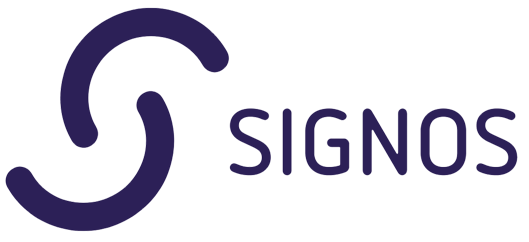
The first step in setting up a plan to ease your acute pain is for you to talk with your health care provider about how your pain affects your ability to be active. This is the best way to be sure you can take part in activities that help you heal. Your health care provider can set up a plan that may include several methods to ease your pain, including:
- Pain-reducing strategies that don’t involve taking medication.
- Over-the-counter medications such as acetaminophen or ibuprofen.
- Prescription medications such as opioids and other medications.
It’s important to follow the pain care plan carefully.
WAYS TO IMPROVE ACUTE PAIN
Easing acute pain does not mean taking it away completely. The goal is to manage your symptoms so that you can do what you need to do every day.
- Do activities that do not involve taking medication
There are steps you can take to help you regain function that have been proven to improve healing. These may include physical therapy (PT), daily walking, ice, heat, and structured movement such as stretching, yoga and tai chi.
Your health care provider may also suggest other resources meant to help your body heal and reduce pain such as guided meditation, relaxation, listening to music, imagery and breathing exercises. - Create a healing environment
While you heal from an injury, you may feel anxious, tired or have an upset stomach. These feelings can increase your pain. Try to:
- Prepare a comfortable environment for you to sleep in, such as a quiet, dark, cool room.
- Set aside quiet time.
- Set up specific times for visitors to see you so that you also have time for rest.
- Take people up on their offers to help.
- Use ear plugs or a sleep mask when you sleep or rest.
- Follow a routine as much as you are able, such as:
- Get out of bed for meals if possible.
- Follow a daily self-care routine, such as getting dressed.
- Participate in activities that your health care provider recommends.
- Do activities that distract you from thinking about pain.
- Take over-the-counter medications as directed
Medications, such as acetaminophen (for example, Tylenol™) and ibuprofen (for example, Advil™), may be a part of your pain care plan. These medications are not opioid medications. Ask your provider if these medications are right for you.If you are going to have surgery, sometimes your provider may recommend you start taking over-the-counter medications a few days before the procedure. Your provider may also recommend you take them on a scheduled basis for a few days afterwards to actively manage your pain and prevent it from becoming too intense.
Ask your provider about specific instructions related to over-the-counter medications. While you take acetaminophen or ibuprofen, make sure you’re not taking any other over-the-counter medication that contains acetaminophen or ibuprofen, such as certain cold medications. Read the packages for ingredients or talk with a pharmacist to be sure.
© 1998-2024 Mayo Foundation for Medical Education and Research (MFMER). All rights reserved

Sign up for Updates
To stay up to date please provide your email address.
-
By giving us your email you are opting-in to receive news and promotions
Sign up for Updates
To stay up to date please provide your email address.
-
By giving us your email you are opting-in to receive news and promotions






